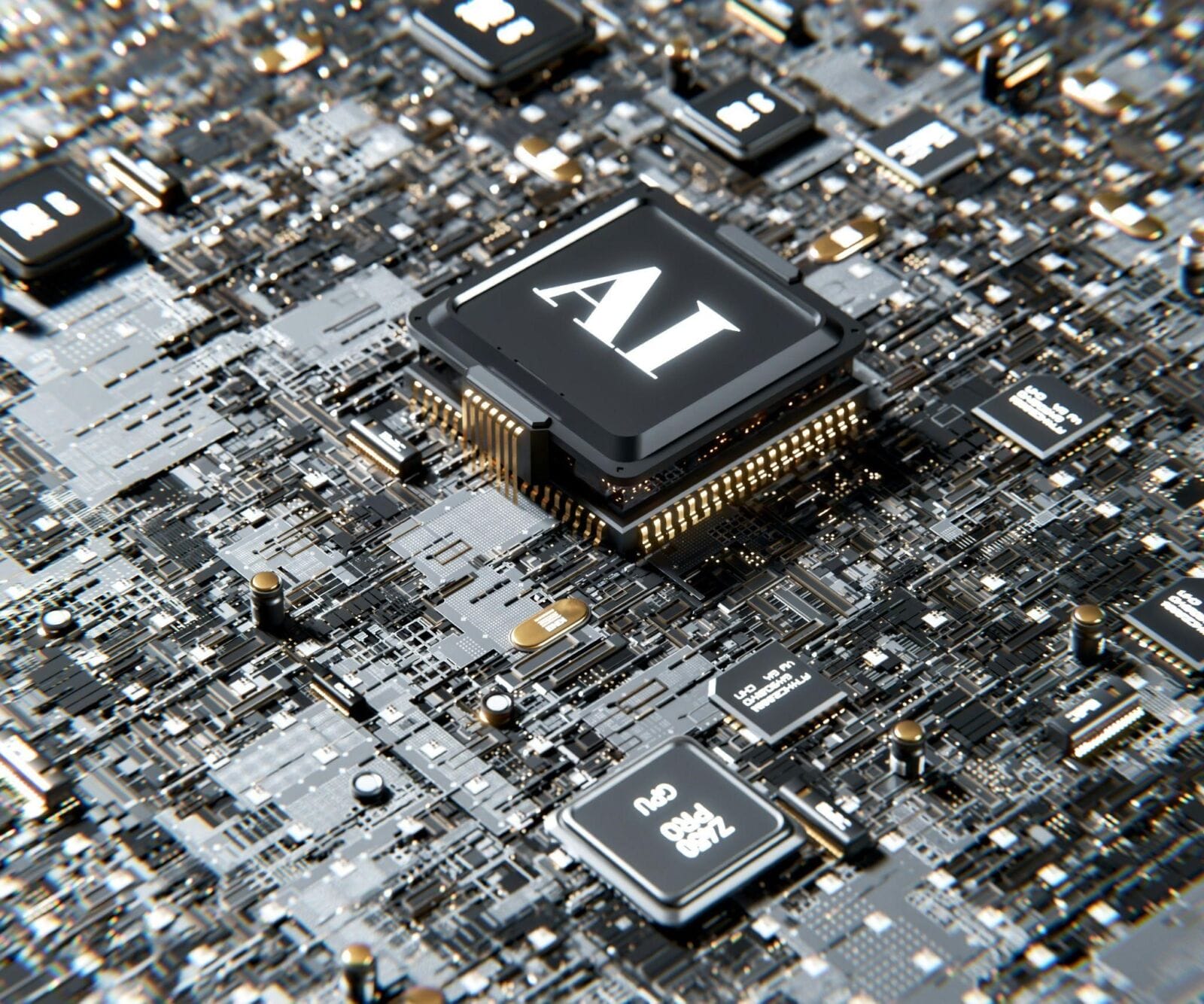Artificial intelligence (AI) is no longer a fringe science but a central pillar of future development; Sam Altman, the CEO of OpenAI, stands out not just for his role in steering one of the most influential AI organizations but also for his audacious ambitions. Altman’s latest vision involves an eye-watering fundraising goal of $5-7 trillion aimed at revolutionizing chip manufacturing to meet the burgeoning demands of future AI technologies. This monumental initiative is not just about pushing the boundaries of what’s technologically feasible; it’s about reshaping the entire landscape of AI development, privacy, security, and global economic dynamics.
Balancing AI Progress with Ethical Considerations
As we embark on ambitious projects to advance AI technology, addressing ethical concerns becomes indispensable. Privacy and security, in particular, stand out as critical issues that necessitate careful attention and the adoption of tools like ExpressVPN for the USA. Utilizing VPNs serves as a key measure to safeguard data transmission, ensuring that the information exchanged between AI systems and users is encrypted and secure from interception or unauthorized access. This is especially relevant for protecting sensitive information against cyber threats and maintaining data integrity and confidentiality. Balancing technological progress with sustainability and ethical considerations will be key to ensuring that the advancement of AI technology benefits society as a whole.
Sam Altman’s Vision: Fueling the Future of AI with a $5-7 Trillion Investment
Sam Altman is no stranger to ambitious projects. Under his leadership, OpenAI has been at the forefront of AI innovation, developing technologies that push the boundaries of machine learning, natural language processing, and autonomous systems. Altman’s vision for the future of AI is both expansive and inclusive, emphasizing the need for advanced computational resources to fuel these innovations. In this light, his $5-7 trillion fundraising goal for chip manufacturing is not just a number but a statement of intent, aiming to secure the foundational infrastructure necessary for the next leaps in AI.
The Need for Chips
The heart of modern AI systems lies in their computational capabilities, powered by advanced chips that process vast amounts of data at incredible speeds. However, as AI systems become more sophisticated, the demand for computational power has skyrocketed, outpacing the current global capacity for chip production. This bottleneck threatens to slow the pace of AI innovation, making Altman’s focus on expanding chip manufacturing capacities a critical mission for the future of the field.
The Fundraising Goal
The $5-7 trillion figure is unprecedented, dwarfing the scale of investments seen in most other sectors. To put this into perspective, this amount surpasses the GDP of most countries, highlighting the sheer scale of Altman’s ambition. The funds are earmarked for constructing new chip factories, which are vital for increasing global chip production capacity. This initiative aims to ensure that the infrastructure for AI development keeps pace with the growing computational demands of the field.
Use of Funds
The raised funds will go towards the construction of cutting-edge chip factories capable of producing the next generation of semiconductor chips required for advanced AI systems. These factories will not only bolster the global chip supply but also drive innovation in chip design and manufacturing processes, ensuring that AI technologies can continue to evolve without being hampered by hardware limitations.
Strategic Partnerships and Challenges
Achieving such a massive goal necessitates collaboration across a broad spectrum of stakeholders, including chip manufacturers, investors, power providers, and governments. These partnerships will be crucial for pooling resources, expertise, and logistical support necessary to bring this vision to life.
Challenges and Skepticism
However, the path to realizing this vision is fraught with challenges. Technological, financial, and logistical hurdles abound, and there is significant skepticism regarding the feasibility of such an ambitious project. The early stages of discussion and planning will need to address these doubts head-on, laying out a clear and achievable roadmap for the project’s execution.
Broader Implications
Impact on the AI Industry
The success of Altman’s initiative could dramatically accelerate AI development, enabling more rapid advancements in AI technologies and their applications. This could lead to breakthroughs in fields ranging from healthcare to autonomous transportation, reshaping industries and society at large.
Economic and Geopolitical Considerations
The economic implications of such a large-scale investment are vast, potentially creating thousands of jobs and stimulating economic growth. Moreover, the geopolitical dimensions of this project are significant, positioning the United States and its allies as leaders in the global tech landscape influencing power dynamics in international relations.
This project could also significantly affect the global market for chips and computing power, potentially altering supply and demand dynamics, pricing, and the pace of innovation in the sector.
Sam Altman’s $5-7 trillion plan for chip manufacturing is a bold vision that encapsulates the grand ambitions and challenges of advancing AI technology. Its success or failure will have profound implications for the future of technology, impacting not just the AI industry but also global economic and geopolitical landscapes. As we stand on the cusp of this ambitious journey, it’s worth pondering: What will the future hold if Altman’s vision comes to fruition? And how will we navigate the myriad challenges and opportunities that this future presents?




